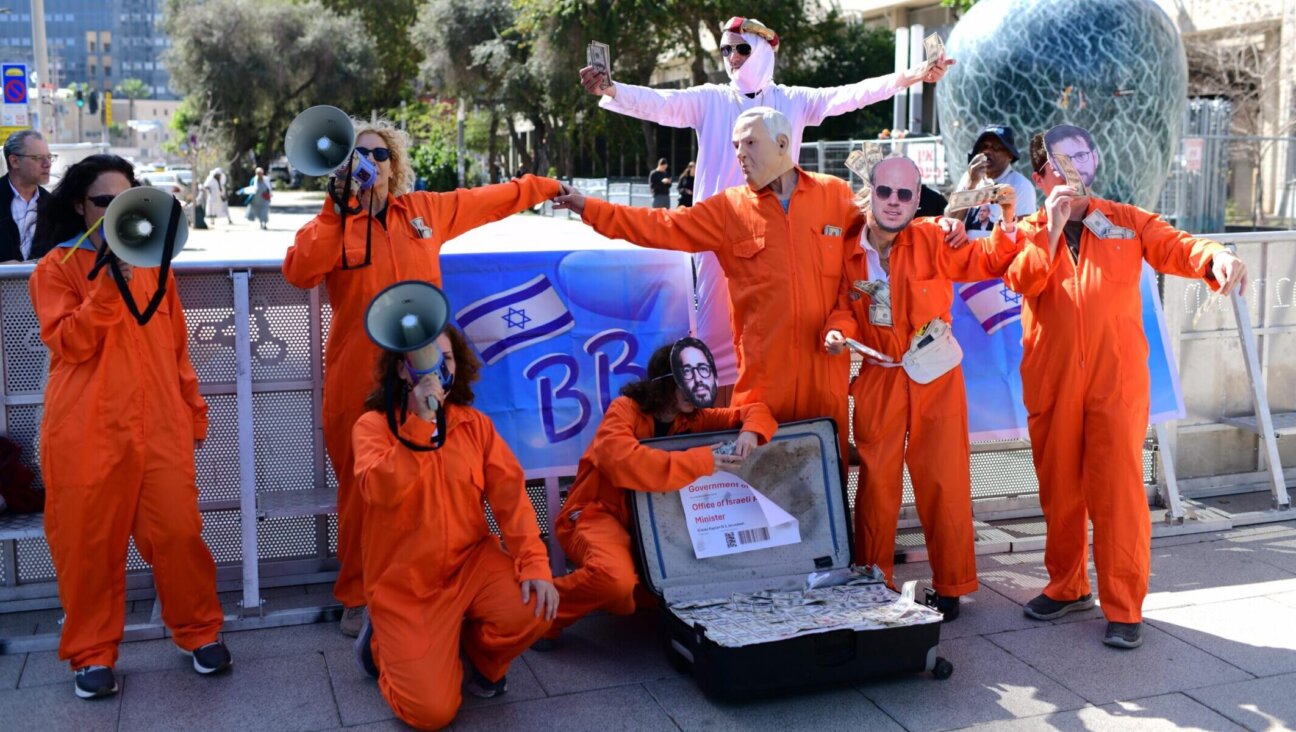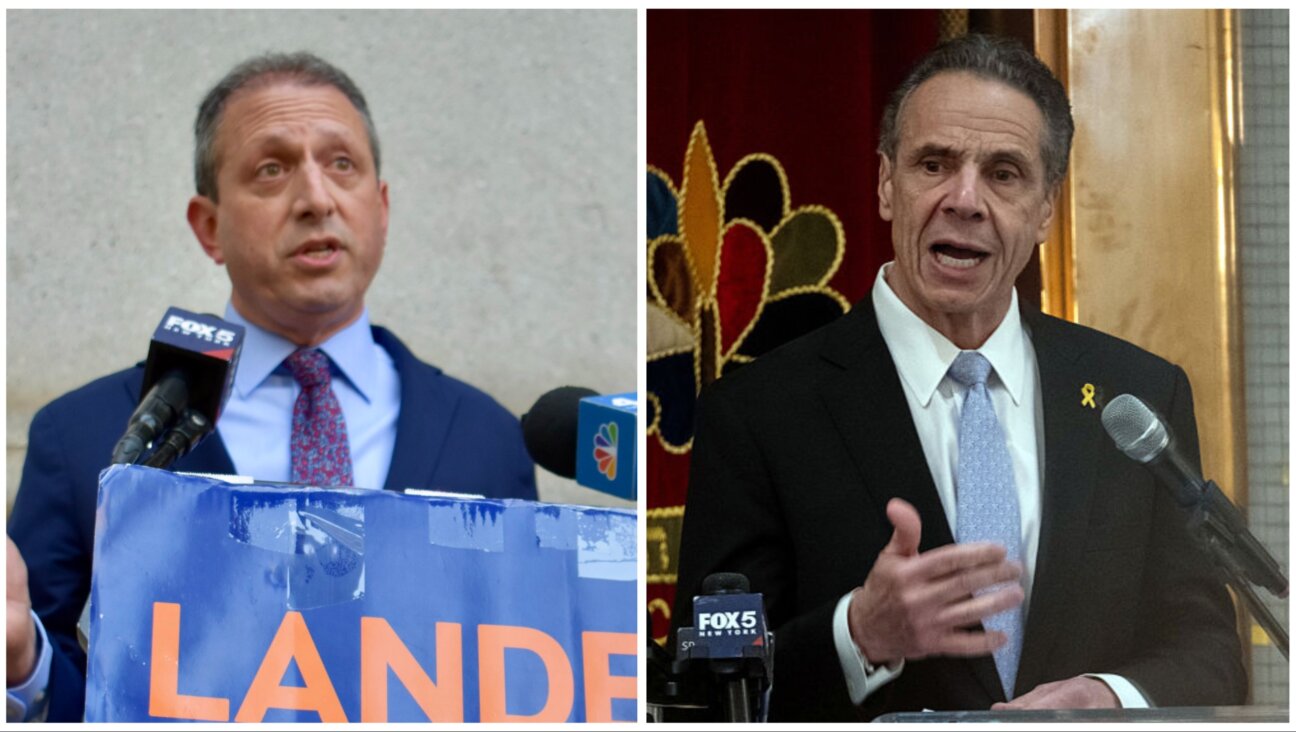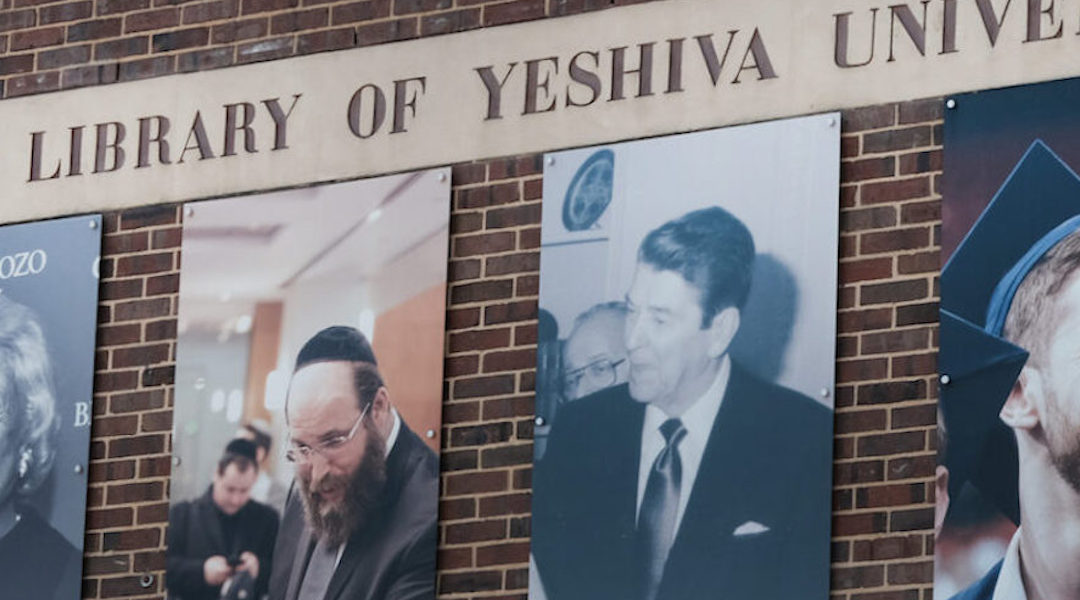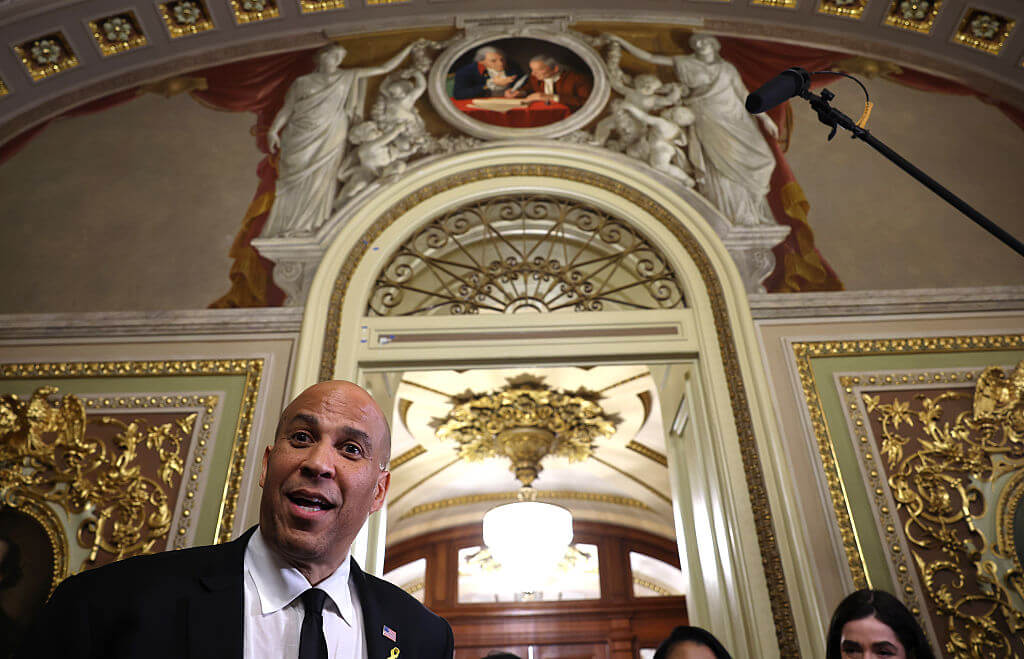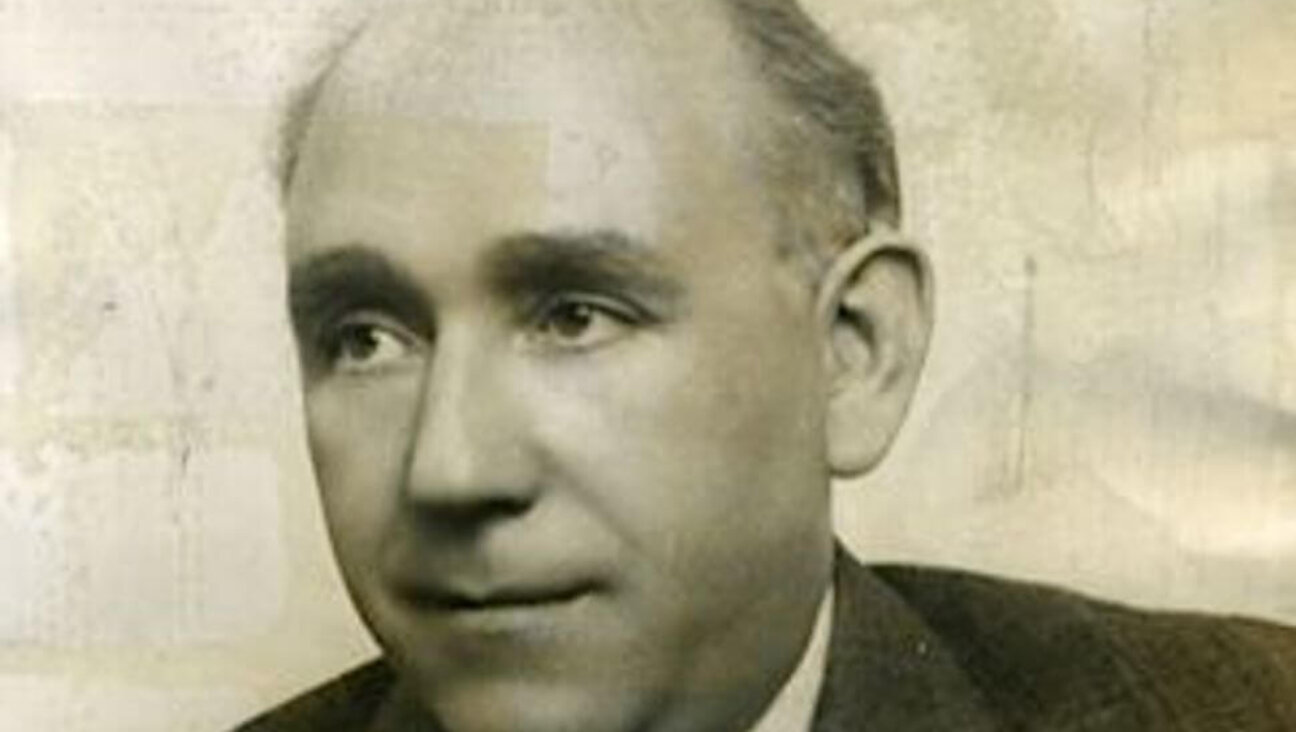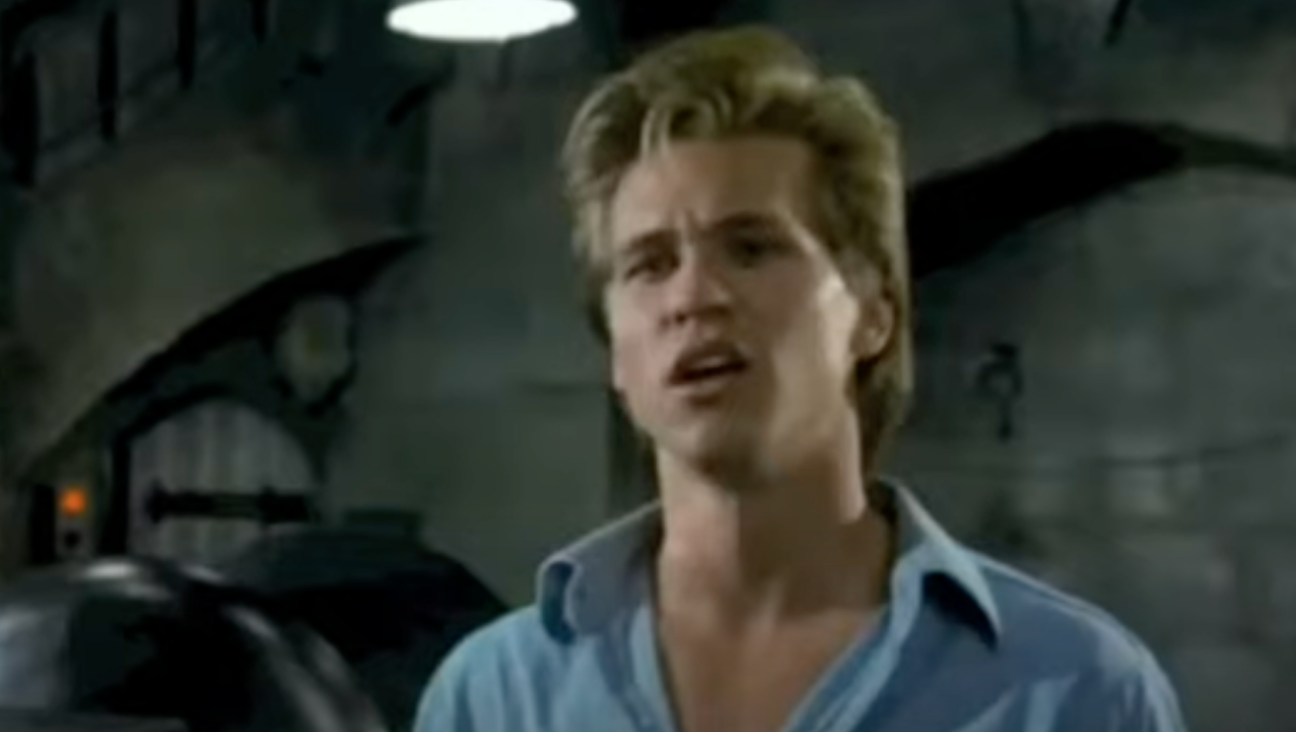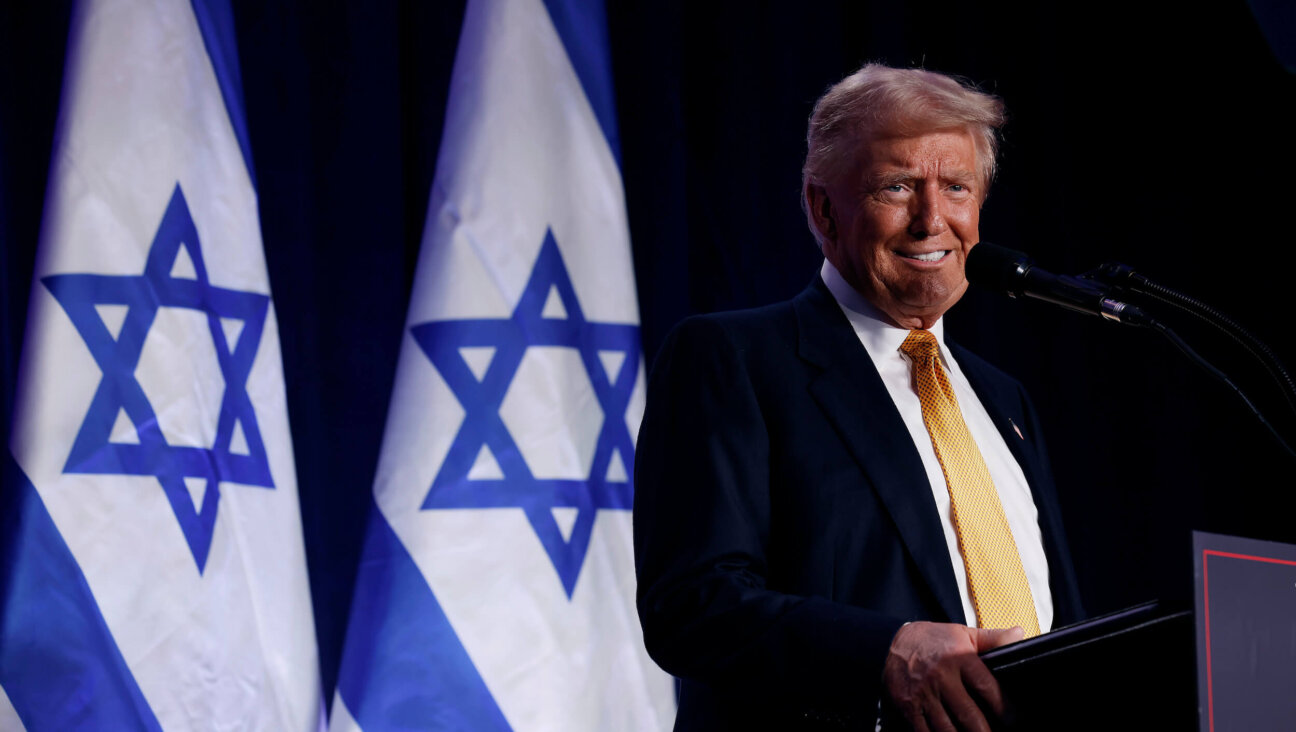Belarus Nabs Lawyer to the Oligarchs in Cloak-and-Dagger Affair
The Cold War may be over, but its cloak-and-dagger intrigues are alive and kicking in the former Soviet Union.
On March 12, Emanuel Zeltser, a self-styled expert on white-collar crime who immigrated to the United States from the Soviet Union in the 1970s and has been a counsel to a series of controversial Soviet-born moguls, was nabbed upon his arrival in Minsk by Belarus’s state security agency. He has been held since then, charged with using forged documents.
Zeltser’s supporters claim he is the victim of the diplomatic showdown between the Bush administration and the regime of strongman Aleksander Lukashenko, which began when American sanctions were slapped against a leading Belarus energy company and resulted in the downsizing of the U.S. Embassy in Minsk amid accusations that it was running a spy ring. But as in every spy thriller, there is an even more complicated backstory, alleged in this case by the imprisoned lawyer’s brother, Mark: that Zeltser is entangled in a ruthless power struggle to gain control over the considerable assets of Arkady “Badri” Patarkatsishvili, a Georgian mogul who abruptly died earlier last February in London. If this weren’t enough, the man alleged by Mark Zeltser to be orchestrating the imprisonment is none other than Boris Berezovsky — a close friend of Patarkatsishvili’s and one of the most well-known Russian oligarchs.
“This is a big money thing and a political affair. I am very afraid for my brother,” Mark Zeltser told the Forward.
Mark Zeltser claims that his brother, who is 54, has been tortured, deprived of vital medicines and coerced to admit false crimes. He expressed disappointment that his brother’s case was handled not at senior levels at the State Department but merely by the office in charge of citizens abroad. He also surmised that there could be a cynical reason for this seeming offhandedness: If his brother were to die, Washington could then use the incident as a wedge against Lukashenko.
According to Steve Royster, a State Department official, Emanuel Zeltser has access to a lawyer and is in “reasonable health,” but he would not comment beyond this fact except to say that the United States was seeking regular access to the detainee. (American officials did not receive permission to meet Zeltser in jail until March 27.) The Belarusian government will not comment on the case.
The backstory’s narrative seems to have begun on February 12, when Patarkatsishvili — who was, at the time of his death, one of Emanuel Zeltser’s clients — died, apparently of a heart attack, in London. Patarkatsishvili made a fortune in Russia during the controversial privatization of state industries in the 1990s in partnership with Berezovsky, and both men had taken refuge in London after falling out with their respective governments — Patarkatsishvili with Georgia and Berezovsky, more famously, with Russian leader Vladimir Putin, who undertook a series of legal actions to strip him of his assets and sue him for embezzlement, prompting the mogul to seek and obtain asylum in Britain.
When his old ally Patarkatsishvili died, the mogul’s assets became the subject of a dispute pitting his widow backed by Berezovsky, against his stepcousin, Joseph Kay, who is represented by Zeltser.
Berezovsky could not be reached for comment, but he admitted the existence of the dispute over the inheritance in a March 22 interview on Georgian TV. In it, he said Kay and Zeltser had tried to convince Patarkatshvili’s family and authorities in Georgia, the United Kingdom, the United States, Israel and Belarus that Kay was the executioner of Patarkatshvili’s will by presenting false documents. In response, a lawyer representing Patarkatshvili’s widow sent a letter to the governments of those countries to alert them about the alleged fraud, Berezovsky was quoted as saying. According to Russian reports, the counsel, Michelle Duncan, also works for Berezovsky. She could not be reached for comment.
Four days after the Berezovsky interview, Kay countered in the Russian press that the documents designating him as executioner were not forgeries and that Zeltser was working to have them authenticated in court when he was arrested. And he accused Berezovsky of plotting Zeltser’s arrest by luring him to Belarus.
Mark Zeltser goes even further, claiming that Berezovsky, who lost most of his fortune in recent years as a result of Putin’s crackdown, had decided to physically eliminate his former business partner and is now working to neutralize his brother because he could deny him access to the money.
“When Berezovsky will sue with Patarkatshvili’s widow to get control of the assets, the lawyer handling the case and in possession of the documents will conveniently be in jail or dead in Minsk,” he said.
Royster told the Forward that Zeltser appeared in “reasonable” health during his meeting with the American consular officer.
Zeltser’s family claims that his life is in danger because he does have access to the medications he takes for diabetes and gout, a claim confirmed to the Forward by Zeltser’s Brooklyn-based physician, Dov Perkman.
“I want my brother back. I don’t care how,” Mark Zeltser said. “If Berezovsky needs to have his money, so be it.”
The Forward is free to read, but it isn’t free to produce

I hope you appreciated this article. Before you go, I’d like to ask you to please support the Forward.
At a time when other newsrooms are closing or cutting back, the Forward has removed its paywall and invested additional resources to report on the ground from Israel and around the U.S. on the impact of the war, rising antisemitism and polarized discourse.
Readers like you make it all possible. We’ve started our Passover Fundraising Drive, and we need 1,800 readers like you to step up to support the Forward by April 21. Members of the Forward board are even matching the first 1,000 gifts, up to $70,000.
This is a great time to support independent Jewish journalism, because every dollar goes twice as far.
— Rachel Fishman Feddersen, Publisher and CEO







